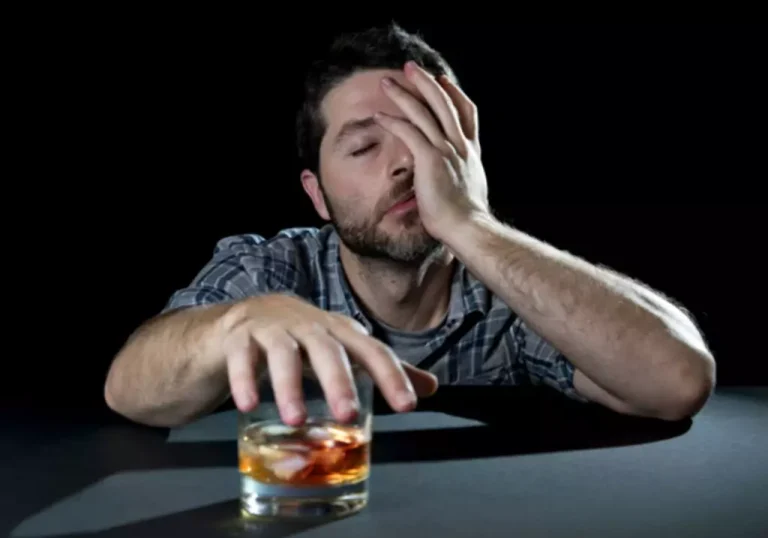
Most importantly, LivPur Hydration helps replenish the loss of vitamin B12, which is considered the most important hangover helper. Brown University Health, Rhode Island’s first health system, was founded in 1994 by Rhode Island Hospital and The Miriam Hospital. The Brown University Health Blog Team is working to provide you with timely and pertinent information that will help keep you and your family happy and healthy. Second, if Drug rehabilitation you weigh 60 kilograms, you generate about 60 millilitres of urine each hour. And for 80 kilograms, about 80 millilitres per hour, and so on. Severe dehydration can be dangerous and even life-threatening if not treated promptly.
How much water does it take to rehydrate?
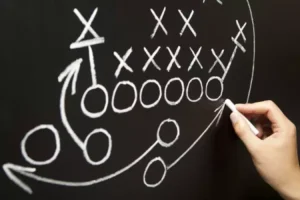
Luckily, it’s easy to prevent these symptoms with a few lifestyle changes. LivPur Hydration provides you with sodium, potassium, magnesium, and zinc to help rehydrate you quicker to feel better. If you are dehydrated, the team at our Lifespan Urgent Care centers can help you.
Prevention
- Stick to beer and wine to mitigate any dehydration you may experience.
- Our daily research-backed readings teach you the neuroscience of alcohol, and our in-app Toolkit provides the resources and activities you need to navigate each challenge.
- Sodium is an electrolyte mineral found in many foods, and most people obtain adequate amounts from table salt.
- While consuming water alongside vodka can help offset dehydration to some extent, it is not a foolproof method.
Consuming water enriched with electrolytes is one of the most effective strategies to https://ecosoberhouse.com/ avoid dehydration. Here are some of the best drinks to promote balanced fluid levels and keep you hydrated. After consuming a lot of alcohol—and experiencing the dehydration that comes with it—it’s very possible that you experience a post-alcohol disorder known as a hangover. There is no “safe” level of alcohol in your bloodstream, but there is evidence that side effects increase alongside BAC. As you drink alcohol, it accumulates in your body—especially if you drink large amounts at a fast pace.
Brown University Health Blog Team
- Each of these can be a contributor to alcohol-related headaches, but dehydration is a close threat when partaking in any alcoholic beverage.
- This effect is also known as “breaking the seal,” which is why you pee a lot more after a few drinks.
- It’s not safe to consume any alcohol and drive, but at this level, driving a vehicle is considered unsafe and illegal, and driving while intoxicated could lead to fines and jail time.
Essentially, expelling much-needed fluids that your body wouldn’t normally waste. If you’re consuming more alcohol during the holiday season, you’re not alone. Social drinking is just part of the holiday package — and homemade cocktails, wine, and champagne all deserve a spot in your celebrations.
- Mind you, you’ll be a bit better off than if you didn’t drink any extra water at all, but you’ll still be dehydrated.
- According to a small study in 11 men, consuming beer with a 5% alcohol content after exercise increased urine output significantly more than consuming a sports drink did (10).
- It’s important to remember to drink water throughout the day to maintain the level your body needs.
Health & Wellness
So each glass of beer, wine, or spirits has about 10 grams of alcohol. It’s a small molecule and gets very quickly through the walls of the gut into the bloodstream and then to the brain. After all, beer is about 95 per cent water and only five per cent alcohol. And the liver converts that five per cent of alcohol into roughly the same mass of water and some carbon dioxide. I’ve spent the last seven years researching and understanding alcoholism, addiction, and how people get sober.
- In addition, increased urination can cause the loss of electrolytes, especially potassium and sodium, which are crucial for maintaining the body’s fluid balance.
- When you’re feeling a hangover, it’s important to explore the root cause.
- Many carbs in alcohol turn to sugar that will spike your blood sugar levels.
- Coffee, tea, and soda contain caffeine, a central nervous system stimulant that acts as a natural diuretic to increase urine production (1).
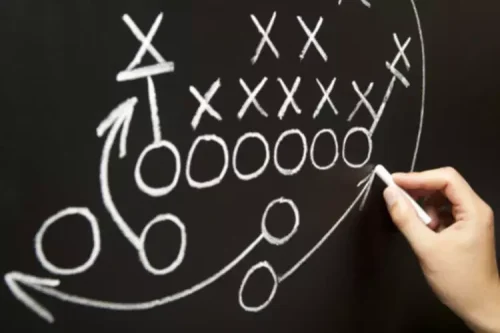
This can happen for many reasons, including diarrhea, excessive heat, and intense exercise. Thirst, tiredness, and irritability are signs of dehydration. Lack of fluids can increase the risk of UTI and kidney stones. Moderating your intake of energy drinks and alcoholic beverages is an easy way to prevent dehydration. A small study in 10 people found that consuming 537 mg of caffeine, does vodka dehydrate you or about 6 cups of coffee, significantly increased urine production.
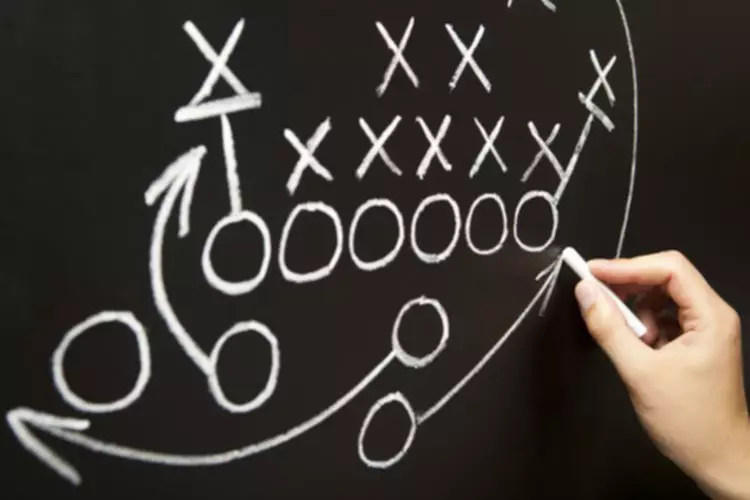
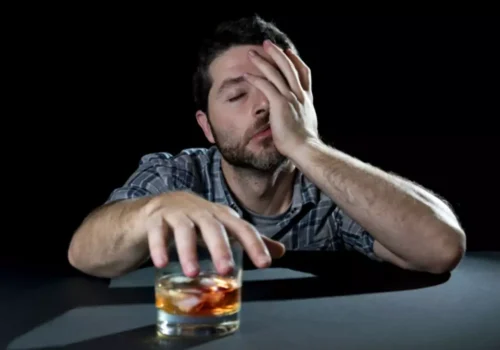
Let’s go through some reasons why dehydration from alcohol may impact different people differently. No matter the cause of our dehydration, it’s important for us to replenish our fluids as soon as possible. Being dehydrated can lead to some serious consequences, which we’ll investigate further. Let’s delve deeper into the science behind dehydration, how alcohol dehydrates us, and ways we can treat and avoid excessive dehydration from alcohol. When you have food in your stomach, alcohol is absorbed more slowly into your system. It’s best to drink while eating or just after, and to snack as you continue to drink.
